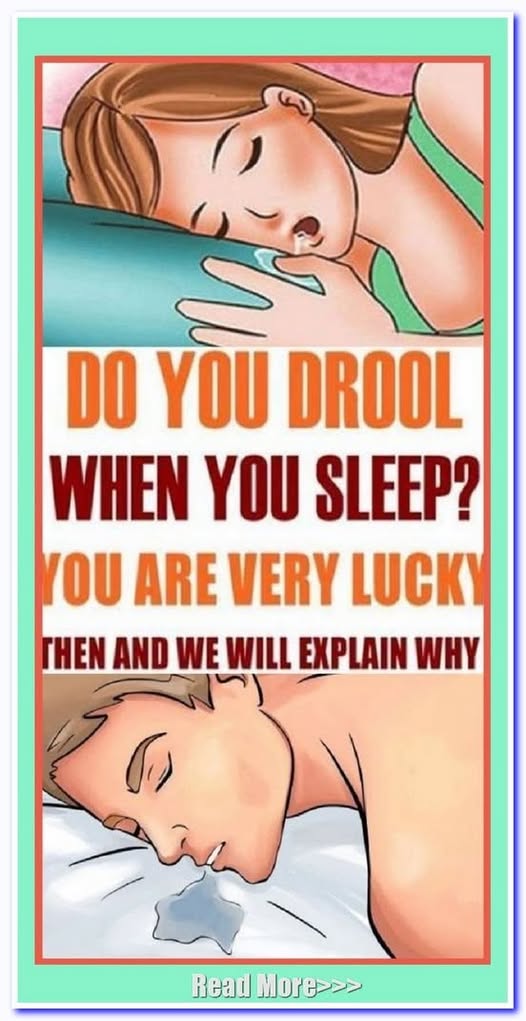
Many of us have woken up to find a saliva – wet spot on our pillow. While it may seem like a strange thing, the reasons behind it can tell us a lot about our sleep habits and overall health. Let’s look at why this happens, what it means, and how to deal with it.
What Does Drooling on Your Pillow Mean?
Sleep – time drooling often shows you’ve had a restful, deep sleep. When your body fully relaxes, muscles, including those in your mouth, loosen. This can let saliva escape. It’s common for side – sleepers because gravity pulls saliva out when the mouth is open. But there’s more than just the sleeping position.
The Connection Between Drooling and Deep Sleep
Finding drool on your pillow might mean you’ve had continuous, undisturbed sleep. Great for your body and mind! During deep sleep, your body relaxes, helping you rejuvenate. But why does this cause drooling? Simple: when deeply asleep, your swallowing reflex slows. If your mouth is open, saliva can pool and escape.
Sleeping Positions Matter
Your sleeping position is key to whether you drool. Side – sleepers are more likely to drool than back – sleepers. When you sleep on your back, gravity takes saliva to the back of your throat, where you swallow it. Side – sleeping makes saliva collect and come out of the mouth. So, if you often wake up with a drool – stained pillow, think about changing your sleeping posture.
Health Issues That Can Cause Excessive Drooling
Occasional drooling is fine, but constant or excessive drooling could be due to health problems. Here are some possible causes:
- Nasal Congestion
A cold, allergies, or sinus infection can block your nasal passages, making you breathe through your mouth. Mouth – breathing leads to drooling as your lips stay open. - Acid Reflux
Gastroesophageal reflux disease (GERD) can irritate the esophagus, increasing saliva production and causing drooling during sleep. - Sleep Apnea
Drooling can be a sign of sleep apnea, where breathing stops and starts during sleep. Other signs are loud snoring, gasping for air, and still feeling tired after a full night’s sleep. If you suspect sleep apnea, see a doctor. - Sinus Infections and Respiratory Illnesses
Illnesses in your upper respiratory tract can make swallowing hard, causing saliva to pool in the mouth and escape while you sleep. - Allergies
Food allergies or allergic rhinitis can also increase saliva production, raising the chance of drooling during sleep.